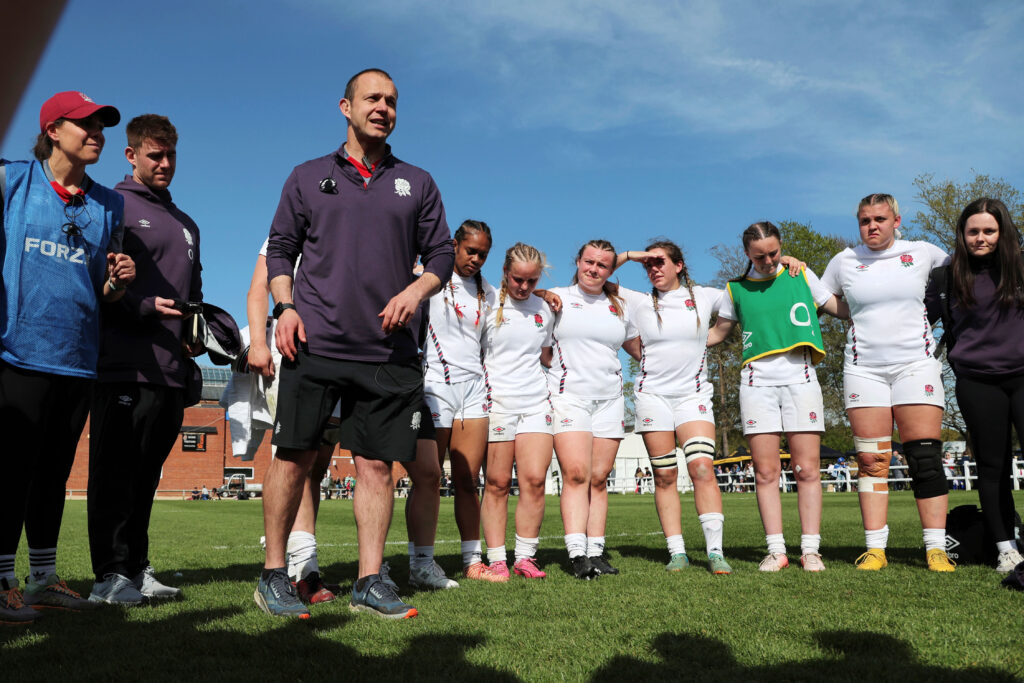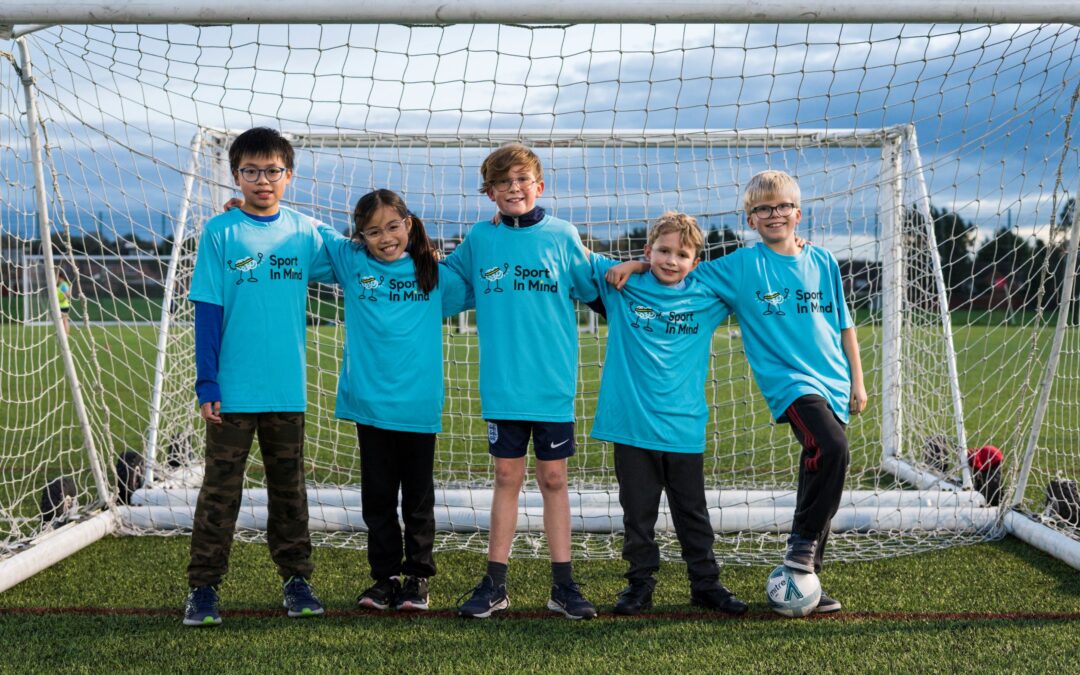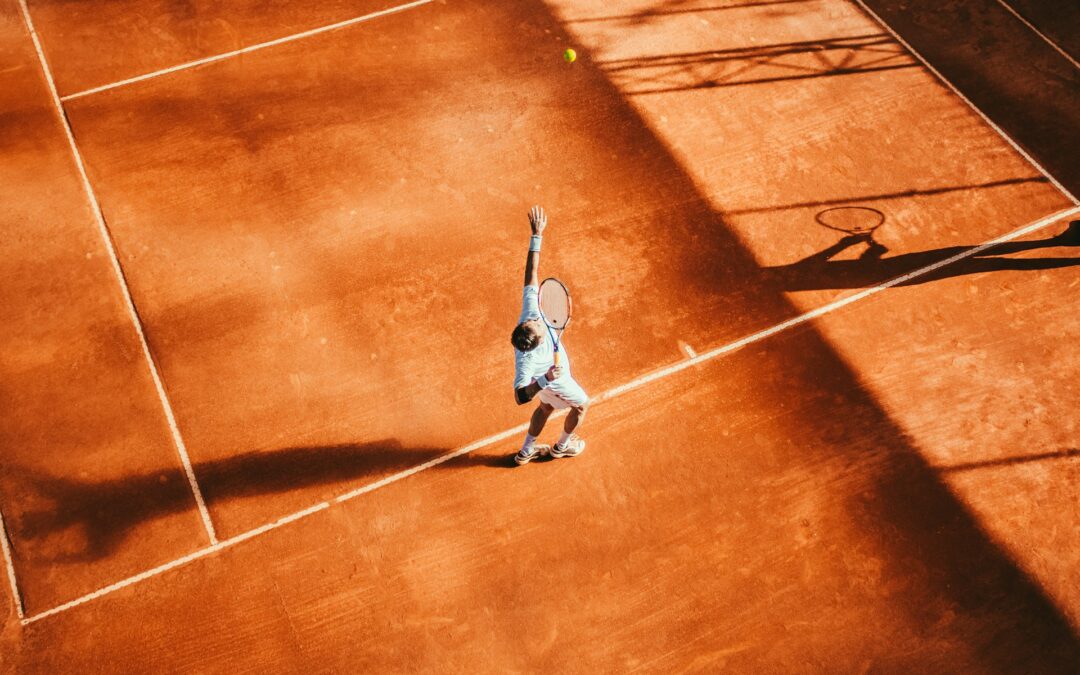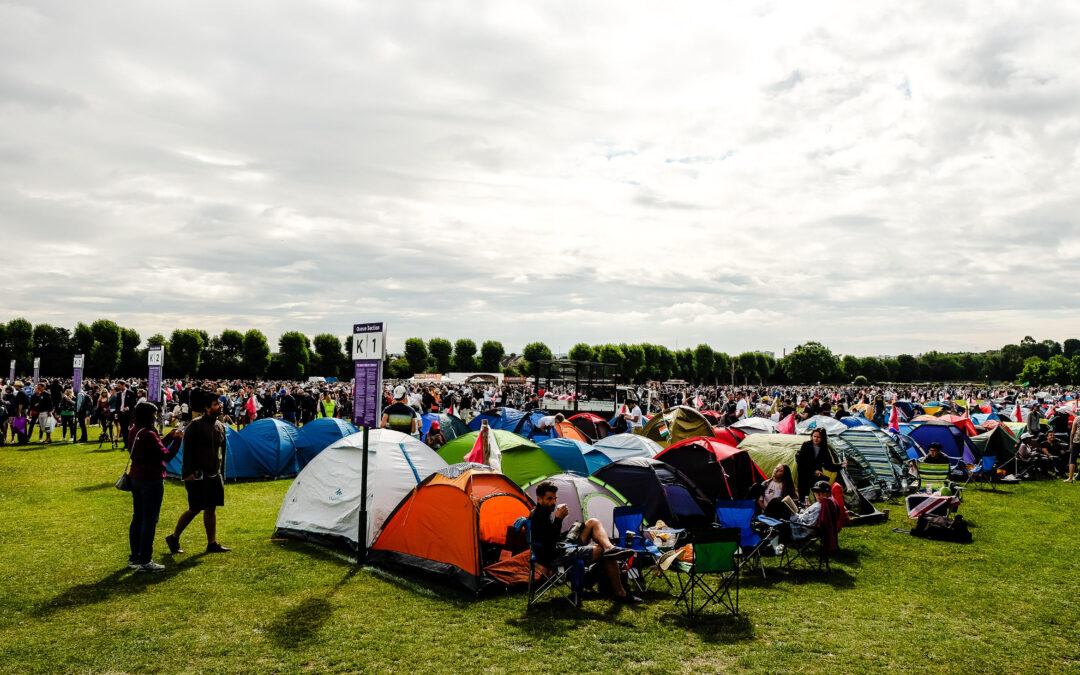Ahead of the 2025 Women’s Rugby World Cup in England, England U18s Head Coach James Cooper tells Sidelines how he develops players for international glory.

What do you enjoy most about your role as Head Coach of the Women’s U18s?
I love seeing development within the players. There’s a couple girls that have been in the programme for two years now who have written cards and said, ‘Thank you for believing in me and seeing something in me that I didn’t.’ It’s great to give them that confidence.
Some of the girls come to us and they’re so quiet, they just won’t talk, they won’t say anything. And then by the end of the Six Nations Festival (a major youth international tournament), all of them stood up in front of the whole group and spoke for a couple of minutes.
Seeing that confidence and seeing that development is just as rewarding as the on-pitch development.
We plant the seeds, we start to put that development into them and then the Red Roses are the ones that fully see the bloom of the flower.
But just to have a small part in that and see that development and confidence is great.
With the Women’s Rugby World Cup just a few months away, how are you preparing the U18s for international success?
Our number one role here is to identify future Red Roses. To do that we’ve got to give them a whole range of experiences.
It’s both on pitch and off-pitch, upskilling them technically and tactically. It’s the strength and conditioning (S&C) work to develop their athletic framework and robustness.
We had the Six Nations Festival early April this year, which was a great experience for the players. It’s the longest that they’re ever together for those 12-13 days in camp, so it gives them a feel of what it would be like if they moved into the U20s or the senior team in the future.
It also gives them the opportunity to play against other nations, which is rare, so it’s a great starting block for them.
The preparation is also media training, teaching them what to post, what not to post, how to do interviews and how not to do interviews. It’s a whole range of learning and development for them that isn’t just rugby related.



How excited should Red Roses fans be about the next generation of talent coming through?
We can just look at some of the youngsters that have been called into the Red Roses camp recently: Millie David, 19, two years out of the U18s and she is now one of the top try scorers in the Premiership.
Sarah Parry, 19, who at this point last year was in the U18s. She’s stepped into Harlequins and done really well. First year out of the U18s and she’s in the Red Roses camp.
I think there’s a lot of potential coming through the pathway. It’s how we keep developing that. We at the U18s are a small part of it, but we’re a part of it, especially how we hand the players off to the U20s for them to continue their development.
How collaborative are you as Head Coach with colleges and academies across the country?
I speak to college coaches every two weeks as a minimum. There’s also the Player Development Group (PDG) centres, which work as an academy system for the girls, who I interact a lot with.
They’re not with us for 91% of the year, so that’s how important the colleges and PDGs are and why keeping a constant chat with the coaches is so essential.
That’s why keeping constant chat with the players is really important – feeding information to them, going out and watching their games and providing feedback so they know you are around. It’s not just an in-camp three-day snapshot.
What advice would you give to aspiring rugby players who dream of getting to the Red Roses?
It takes hard work. You cannot get too good at individual skill, whether that be a catch, pass, tackle, or break down.
You shouldn’t get bored of doing those skills because that’s what will set you apart. It will also be your fitness and robustness. The fitter you are, the more likely you are to ride out injuries and still be able to perform as you go through.
They will also come up against jealousy if they put themselves out there and say, ‘I want to achieve this’.
That’s where bullying, name-calling and all that snide stuff comes in. It is down to jealousy.
As well as working hard at rugby, S&C, it’s recognising that not everyone will support you on that journey. That’s okay.
Are you optimistic about England winning the World Cup this year?
Hard question. When you get into the World Cup, different things happen. 2014 was the last time we won the World Cup, despite being in multiple finals. So it’s a difficult one.
I think we have the potential and the ability to win it, of course we do, we’re number one in the world. We’ve got the Six Nations results, the winning streak that’s there, everything’s set up to hopefully win a home World Cup, which would be fantastic.
However, that doesn’t change what we do in the pathway.
Our aim in the pathway is to produce players that can be in the Red Roses and we should be aiming to win every World Cup that we enter in 2025, 2029, 2033, 2037, 2041.
Sidelines Recommends

The team sport of mental health
From tackling stigmatising language in the media to filling gaps in care for those struggling, there is a team off the field working to improve mental health in sport. In Volunteers’ Week, Sidelines spotlights the work of Sport in Mind. Mental health within sport is…

Serving up success: one expert’s impact on tennis
Think extraordinary aces happen by accident? Think again. As we build up to the Wimbledon Championships, Sidelines spoke to a world-leading expert on the tennis serve. Few actions in sport combine quiet grace and lethal power quite like the tennis serve. It can make…

The “unforgettable experience” of the Wimbledon Queue
Combine queueing and Wimbledon, and you get the most British experience possible – but none of it would be possible without the stewards.





